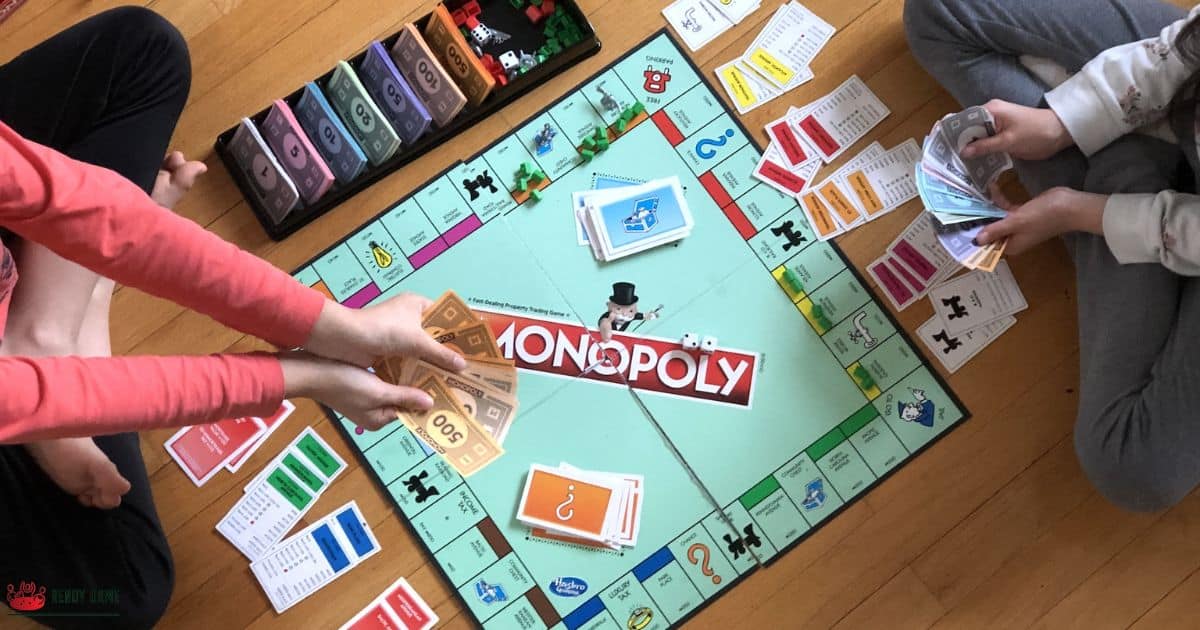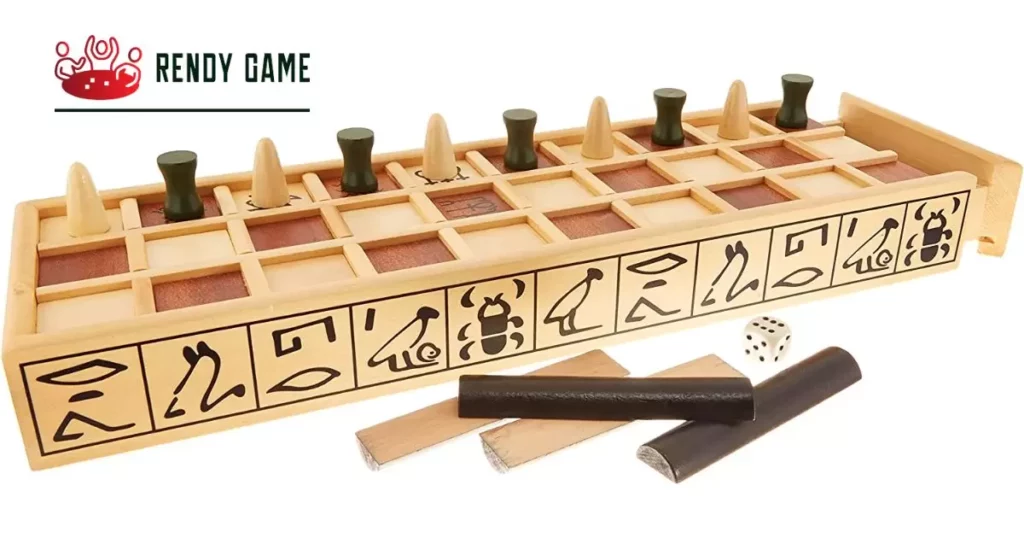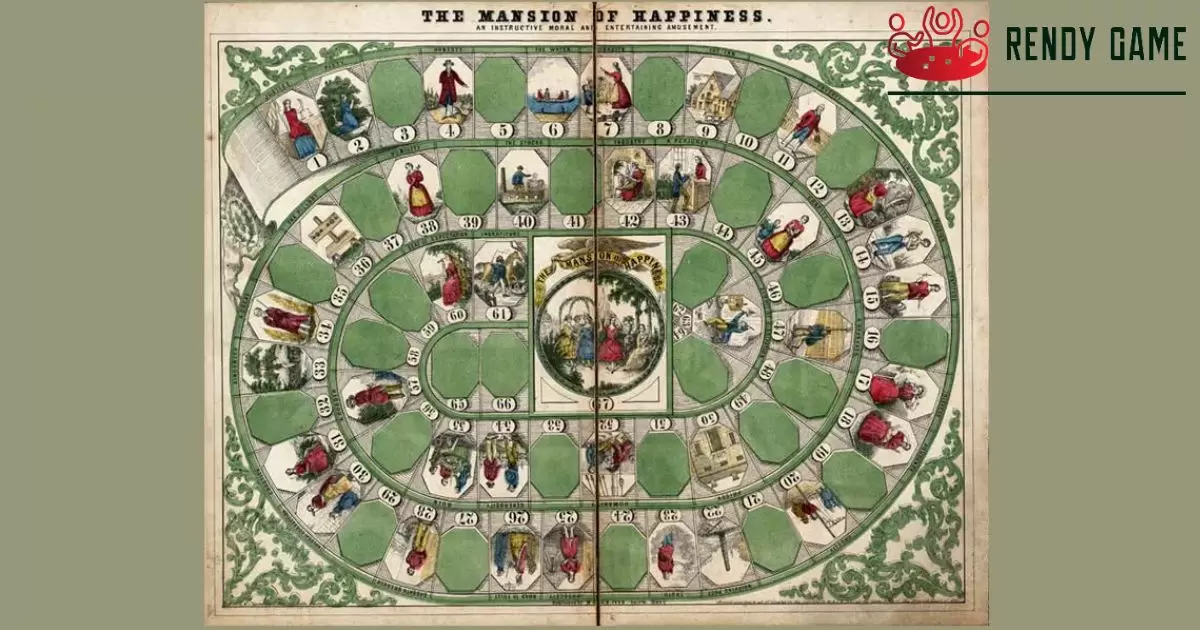The term first board game in America refers to the earliest known board game introduced and played in the United States. In the context of this inquiry, it denotes the inaugural board game that found its roots in the American cultural and recreational landscape.
This intriguing question, What was the first board game in America? beckons us to delve into the annals of American history, uncovering the fascinating evolution of recreational activities in the country. The quest to identify the inaugural board game sparks curiosity about the game’s design, purpose, and the societal context in which it emerged.
The first board game in America holds a unique place in the tapestry of American entertainment. While historical records may not pinpoint a singular game as the definitive first, early American settlers engaged in various board games for recreation and social bonding.
Historical Origins and Evolution of Board Games

Board games have a rich and diverse history, evolving over centuries to become the beloved pastime they are today. Originating from ancient civilizations, early board games were often intricately crafted and reflected the cultural values of their time.
As societies progressed, so did the design and rules of these games, leading to the emergence of diverse gaming traditions across the globe. This evolution laid the foundation for the board games we enjoy today, with each era contributing to the vibrant tapestry of gaming history.
Pioneering Recreational Activities in Early America
In the early days of America, settlers sought various forms of recreation to unwind and foster community bonds. Among these activities, board games held a special place. Simple yet engaging, these games provided a source of entertainment and camaraderie in the colonial era.
Settlers, facing the challenges of building a new nation, turned to board games as a means of relaxation and social interaction. This era marked the pioneering days of board gaming in America, setting the stage for the eventual diversification and popularization of these recreational activities.
The Earliest Board Games Played by Settlers

In the early days of American settlement, board games emerged as a popular form of entertainment for colonists. The settlers, seeking recreation and social interaction, engaged in a variety of games that reflected the simplicity of the times.
These early board games were often crafted from locally available materials, showcasing the resourcefulness of the settlers. With limited access to imported games, these early Americans devised their own versions, introducing a blend of creativity and practicality into their leisure pursuits.
The games played by settlers provided not only a respite from the challenges of daily life but also a means for community bonding, as families and neighbors gathered to enjoy these simple yet engaging pastimes.
The First Board Game in America
The quest to identify the first board game in America is a journey into the nation’s gaming history. While a singular game may not be definitively recognized as the first, the early settlers engaged in a variety of board games that laid the foundation for American gaming culture.
These games, often reflecting the values and interests of the time, were an integral part of the social fabric. The first board game in America holds significance not only as a source of amusement but also as a cultural artifact, providing insights into the daily lives and leisure activities of the people who played them.
Significance of Identifying the Inaugural American Board Game
Discovering the first board game in America holds profound importance as it serves as a key to unlocking the rich tapestry of American leisure and cultural history. By identifying the inaugural game, we gain insight into the roots of a pastime that has transcended centuries.
Understanding which game marked the beginning of this tradition allows us to appreciate the cultural shifts, societal values, and recreational preferences of early Americans. This exploration not only satisfies our curiosity but also sheds light on the broader impact that board games have had on shaping American social life.
Early Gaming Culture in the United States

The early gaming culture in the United States provides a captivating glimpse into the recreational habits of the nation’s pioneers. In a time when entertainment options were limited, board games emerged as prominent fixtures of leisure. Whether played in colonial homes or frontier settlements, these games reflected the spirit of the times.
From rudimentary games etched into wooden surfaces to more elaborate designs, the evolution of early gaming culture showcases the ingenuity and resourcefulness of Americans. This journey into the past allows us to appreciate the role of board games as catalysts for social interaction, intellectual engagement, and the development of a unique American gaming tradition.
Diversity in Early American Board Gaming
The early landscape of American board gaming was marked by a diverse array of games, reflecting the varied interests and backgrounds of the people who played them. From simple dice games to intricate strategy games, diversity was a hallmark of early American gaming.
Different regions and communities embraced specific games, contributing to a mosaic of gaming practices across the nation. This diversity not only speaks to the adaptability of board games but also highlights the cultural exchanges that occurred through these shared recreational experiences.
| Types of Games | Regions of Play | Cultural Influences |
| Dice Games | Colonial Homes | European Traditions |
| Strategy Games | Frontier Settlements | Indigenous Practices |
| Educational Games | Urban Centers | CrossCultural Blends |
Board Games as Tools for Social Bonding
Board games served as more than just entertainment in early America, they were powerful tools for social bonding. Whether played within families, among friends, or in community settings, board games provided a platform for meaningful interaction and connection.
The shared experience of gameplay facilitated communication, fostered camaraderie, and strengthened social ties. From the laughter around a gaming table to the strategic discussions during play, board games played a pivotal role in shaping social dynamics. Recognizing board games as tools for social bonding enhances our understanding of their enduring appeal.
Legacy and Impact of the First Board Game in American Society
The legacy of the first board game in America reverberates through the fabric of society, leaving an indelible mark on leisure and social interactions. While pinpointing a definitive inaugural game remains elusive, the collective impact of early board games is undeniable. These games served as cultural artifacts, reflecting the values and interests of their time.
The legacy lies not only in the specific rules and designs but also in the communal experiences they fostered. Board games became integral to American households, providing families and friends with a shared pastime that transcended generations.
Transitioning from Pastime to Cultural Phenomenon
What started as simple pastimes among early American settlers evolved into a cultural phenomenon that transcended socioeconomic boundaries. Board games transitioned from quaint diversions to influential cultural touchstones, reflecting and shaping societal norms. As communities grew and diversified, so did the popularity of board games.
They became more than just entertainment, they became a means of cultural expression and social bonding. The transition marked a pivotal moment where board games ceased to be mere pastimes and ascended to the status of cultural phenomena, influencing how people interacted and shared experiences.
The Continued Influence of Early American Board Games
The influence of early American board games, including the most played board game in the world, endures in the contemporary gaming landscape. While the specific titles may have faded into history, the principles and dynamics established by these games continue to shape how people engage with recreational activities.
Elements such as strategy, competition, and social interaction, ingrained in the earliest board games, remain integral to modern board gaming experiences. Furthermore, the cultural significance of board games as a shared social activity persists, fostering connections among individuals of all ages.
FAQs
What is considered the first board game in America?
The definitive identification of the first board game in America remains elusive, as early settlers engaged in various games, making it challenging to pinpoint a singular origin.
Why is identifying the first board game significant?
Identifying the first board game holds significance as it provides insights into the historical development of recreational activities in the United States and reflects cultural dynamics.
Were board games in early America uniform in design and purpose?
No, early American board games varied in design and purpose, reflecting the diversity of interests and values among different communities and social groups.
How did board games transition from pastime to cultural phenomenon?
Board games evolved from simple pastimes among settlers to influential cultural touchstones, shaping societal norms and becoming integral to social bonding and cultural expression.
Conclusion
In tracing the roots of the first board game in America, we’ve embarked on a journey through the tapestry of history. While a single, definitive game remains elusive, the collective legacy of early board games is unmistakable. These games, born from the leisure pursuits of early American settlers, have left an enduring mark on our society.
They were more than just games, they were cultural artifacts that mirrored the values and social dynamics of their time. As we explore the question of What was the first board game in America? we find ourselves not at a conclusion, but at the beginning of a broader understanding.

